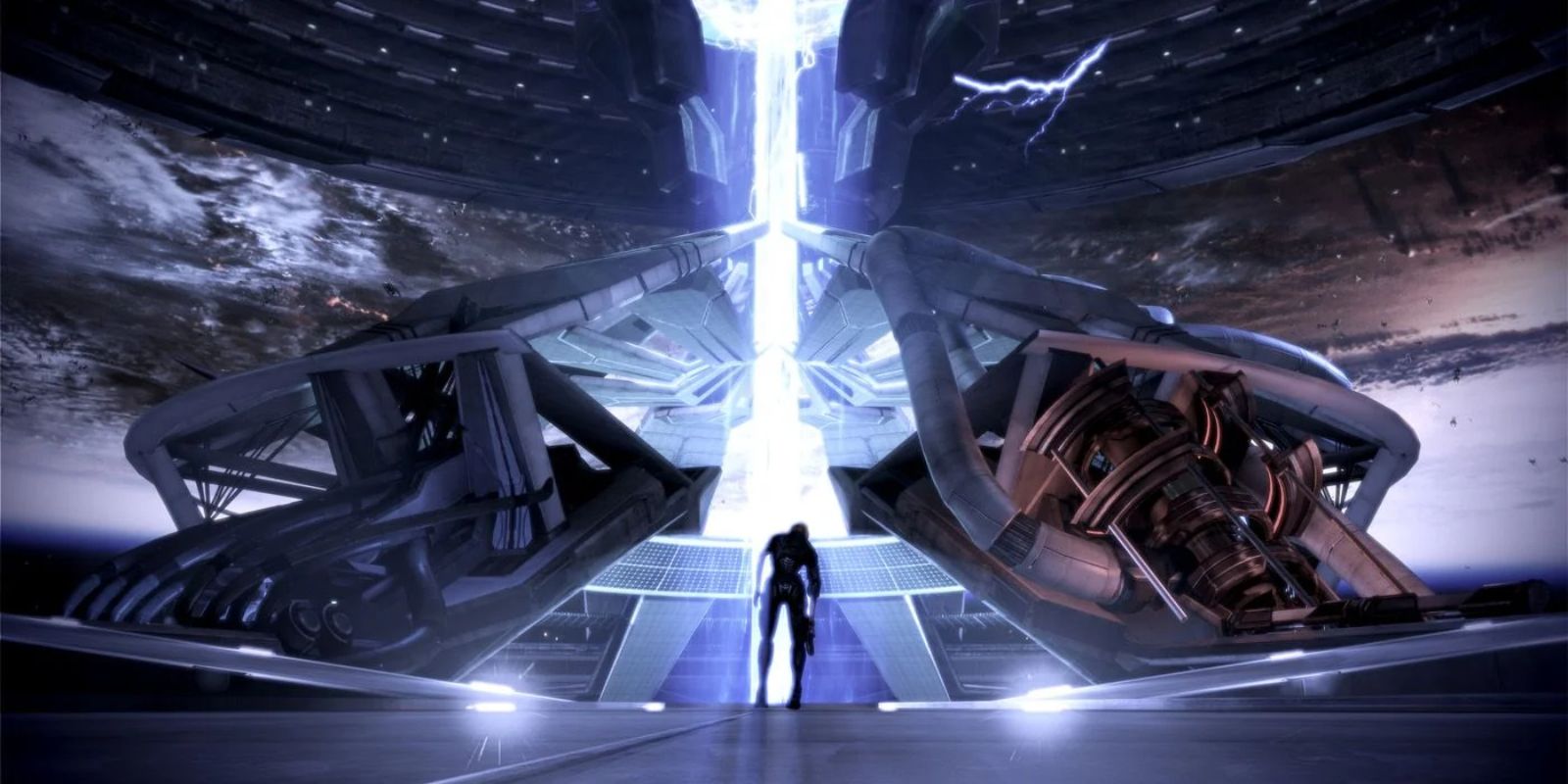

“Making it up as we go along” would be unthinkable to me. If I ever found myself where someone gave me the chance to write a game – with the possibility that I’d get to make more – you bet your ass I’d jump at the chance and make every effort to design a solid three-part saga. I’ll admit: A lot of this is sour grapes. The fact that the BioWare writers were (according to rumors, I wasn’t there) still changing and revising core concepts of their story just months before release shows an incredibly reckless and self-destructive approach to game design. I can’t imagine publishing a multi-million dollar game and not having the basic framework of a story, all the way to the end credits on the final entry. Even lightweight stuff like my novel – with a small cast of characters and a story focused on a few key elements – can quickly get out of hand. You can deviate, alter, or add onto it later, but you should have a clear idea of where you’re headed before you publish the first game. There is no substitute for having a clear plan, especially when you’re trying to make a multi-game story.


Instead if discussing the ramifications of the Big Reveal, players are left wondering, “Wait? Where is Joker going? How did Liara get back on the ship? What’s this planet? Did I just blow up the galaxy?” It was an explanation ending that actually made things more confusing. This was an explanation ending where the explanation didn’t make sense, wasn’t needed, and actually undercut the story. This problem was only compounded by the fact that the given explanation was so awful. This is what the end of Mass Effect felt like. A couple of people get married, someone gets accepted to their dream college, someone else beats cancer, a long-standing family feud is resolved with heartwarming forgiveness, and the book never mentions “Who Done It?” The book led up to the wrong kind of payoff. And then at the end of the book there’s a whole bunch of stuff about these wooden characters that we don’t care about. The book spends endless pages obsessing over forensic evidence, alibis, the mechanics of the murder, and scrupulously detailing where everyone was when the victim died. The characters are kind of flat and mostly speak in exposition, and we never learn anything about them beyond what is required for the case. Suppose we have a really dry and technical murder mystery novel. Most people played this game because they loved the characters and the setting, not because they just couldn’t wait for the next dose of incomprehensible balderdash from The Illusive Man. The lore is a tangled mess of conflicts and contrivances, and the only thing the central villain had going for it was “mystery”.

Mass Effect was manifestly unqualified for an ending based entirely on explanation. The Usual Suspects is a great example of this, where the final reveal brings new meaning to what the audience has already seen. Of course, if explanation is going to be the ONLY payoff, then it needs to be a really good explanation. Heck, the murder mystery is an entire genre dedicated to explanation-based payoffs. It seems like that was the plan.Īn explanation ending CAN work. Okay, it’s dark, the good guys didn’t win so much as mutually annihilate the bad guys, and we don’t get to find out how things turned out for everyone else, but now we get to hear the answers to our questions. These elements are the payoff at the end of the story.įollowing the discussion and watching the ending again, I’ve come to the conclusion that the writers decided to leave out affirmation and closure in favor of an explanation-only ending. My point was that an ending needs to have at least one of these elements to be an “ending” and not just “a place where the story stopped being told”. In the article, I named three elements: Affirmation, Explanation, and Closure. They seem to be stuck on the “fans wanted a happy ending” idea, which is going to lead them to making a different set of mistakes. The shame of it is, it’s clear that BioWare is badly missing the point. This week I give a breakdown of why the Mass Effect 3 ending just didn’t work as a piece of fiction (as opposed to why it didn’t work logically, which we’ve been talking about for a few days now) and why I don’t think “new ending” can really fix things.


 0 kommentar(er)
0 kommentar(er)
